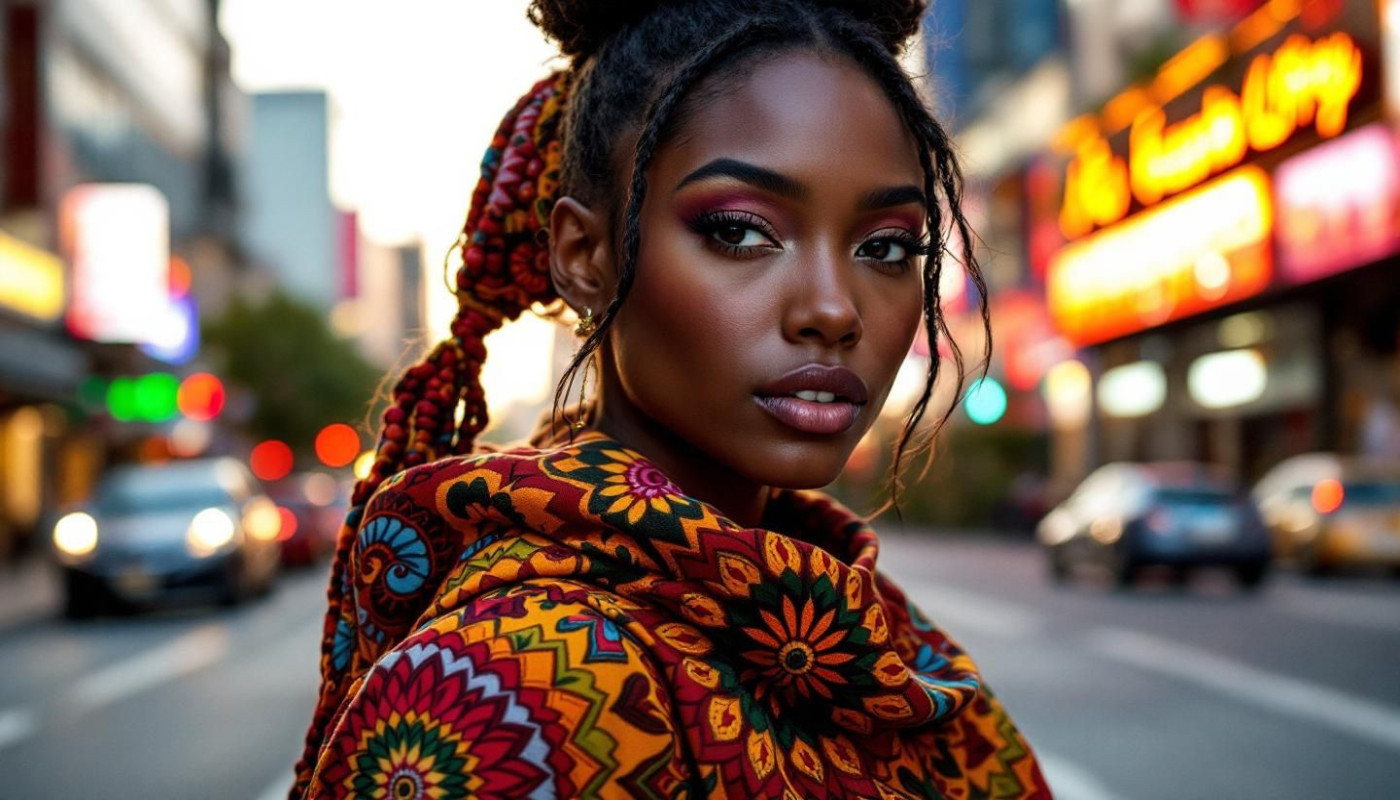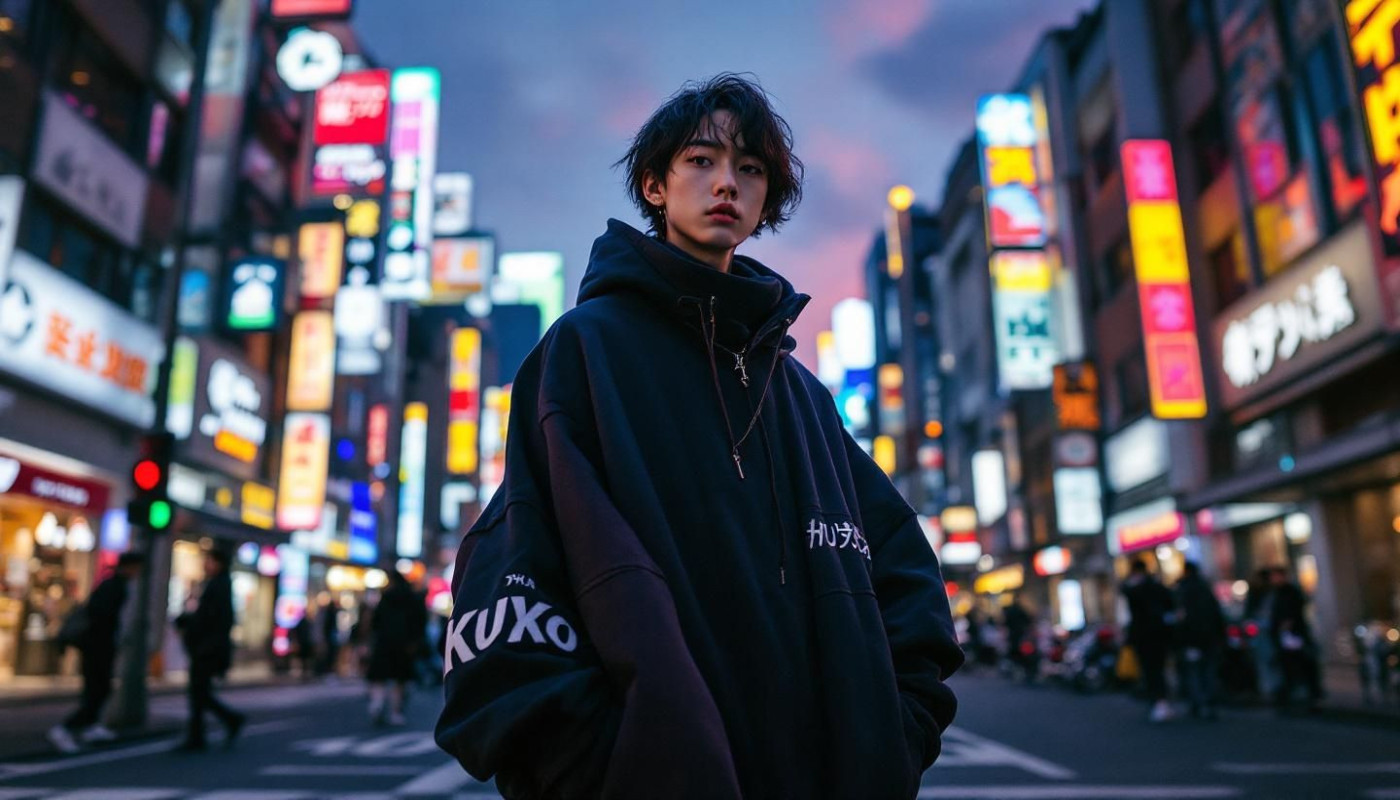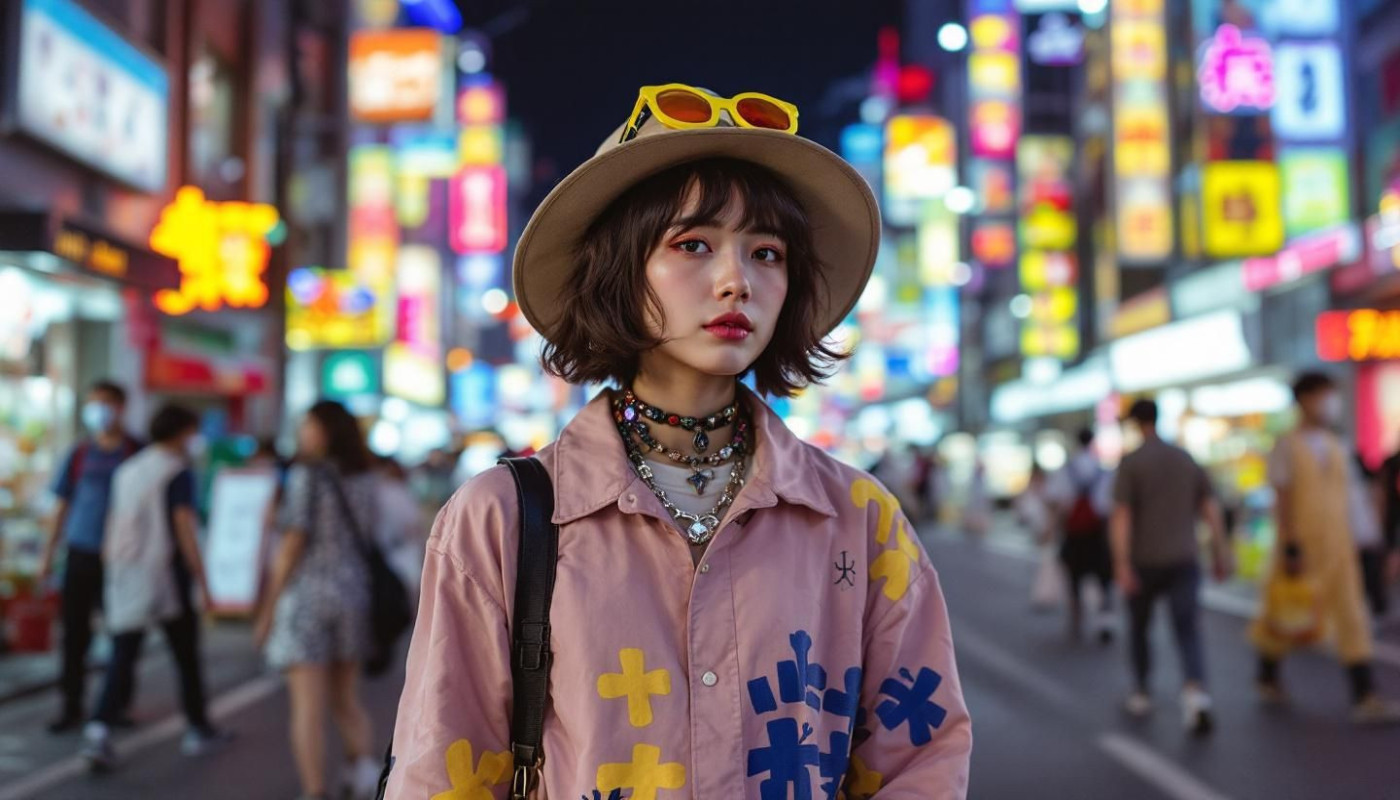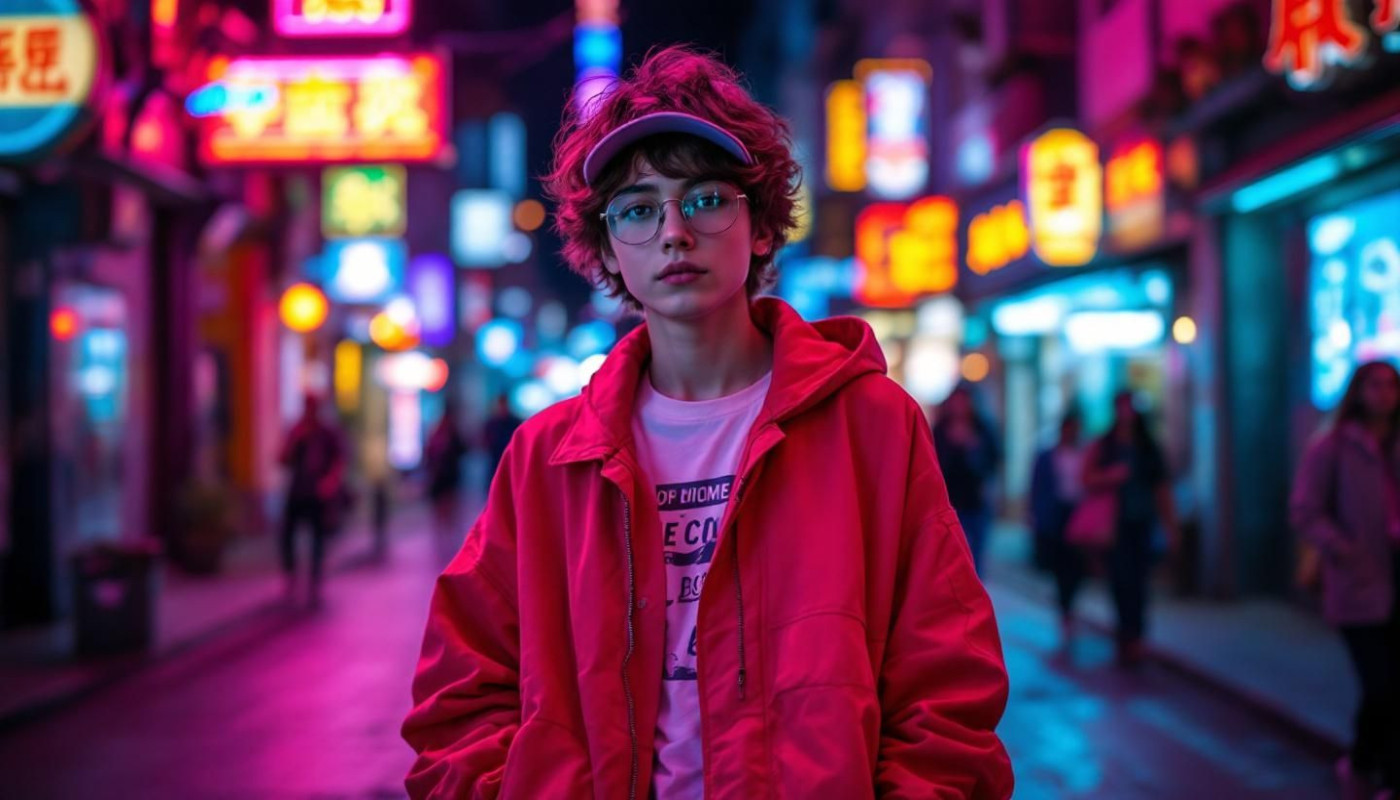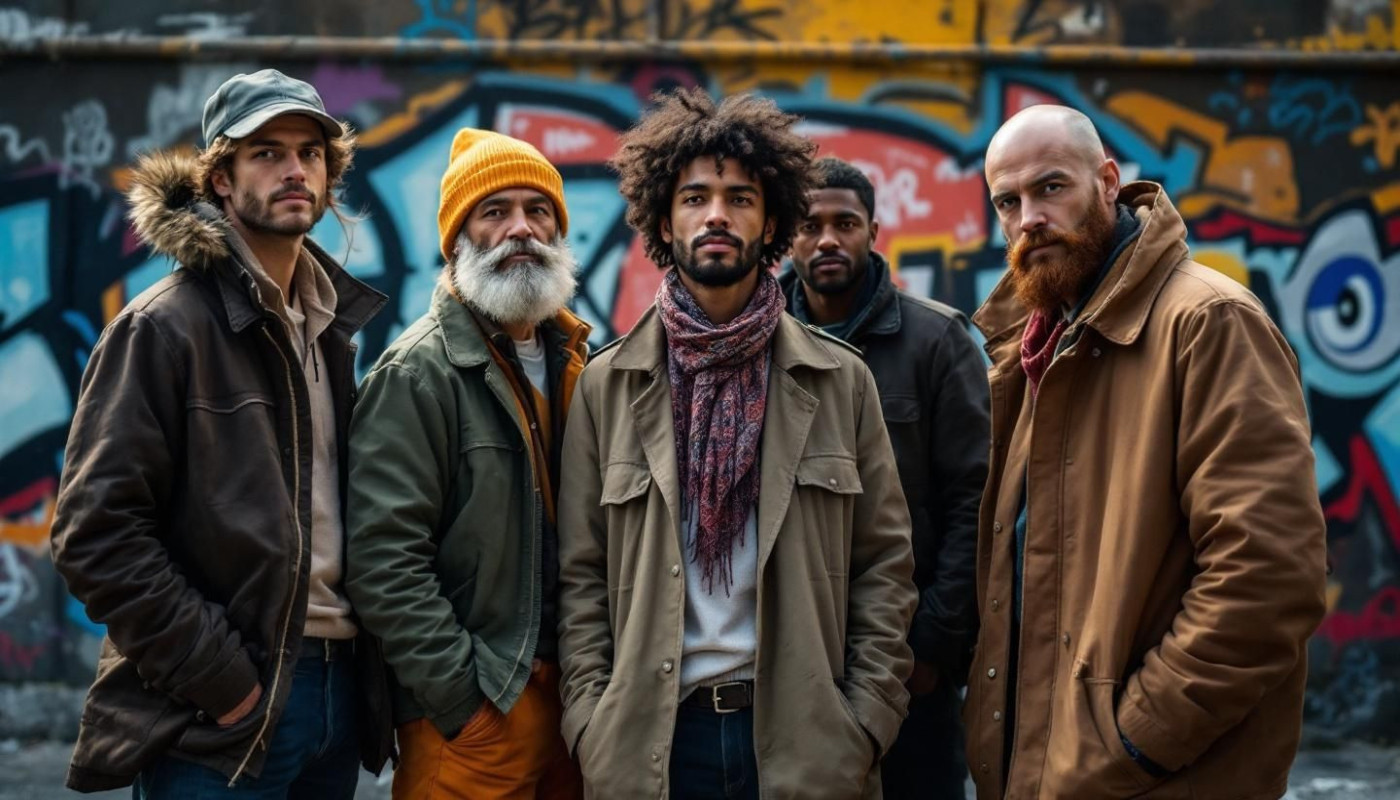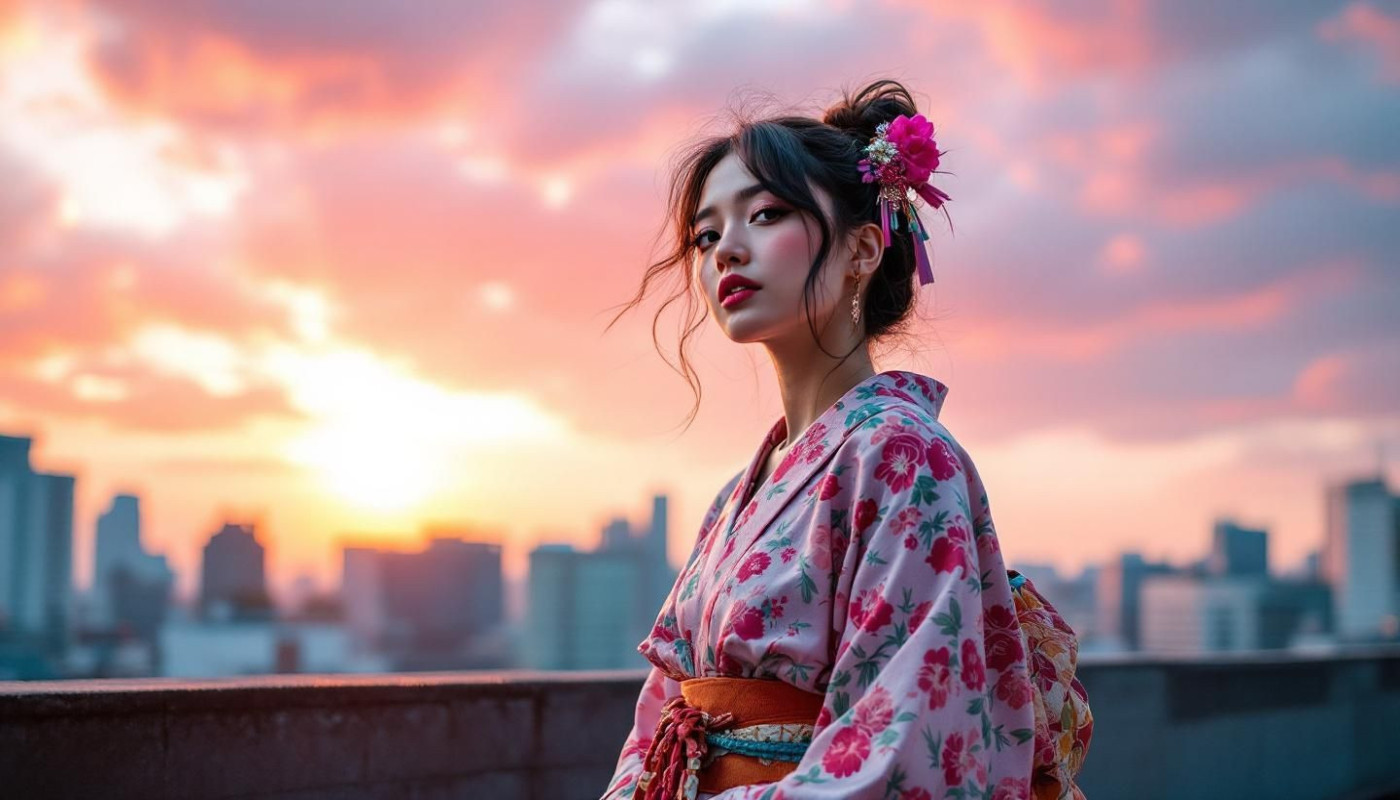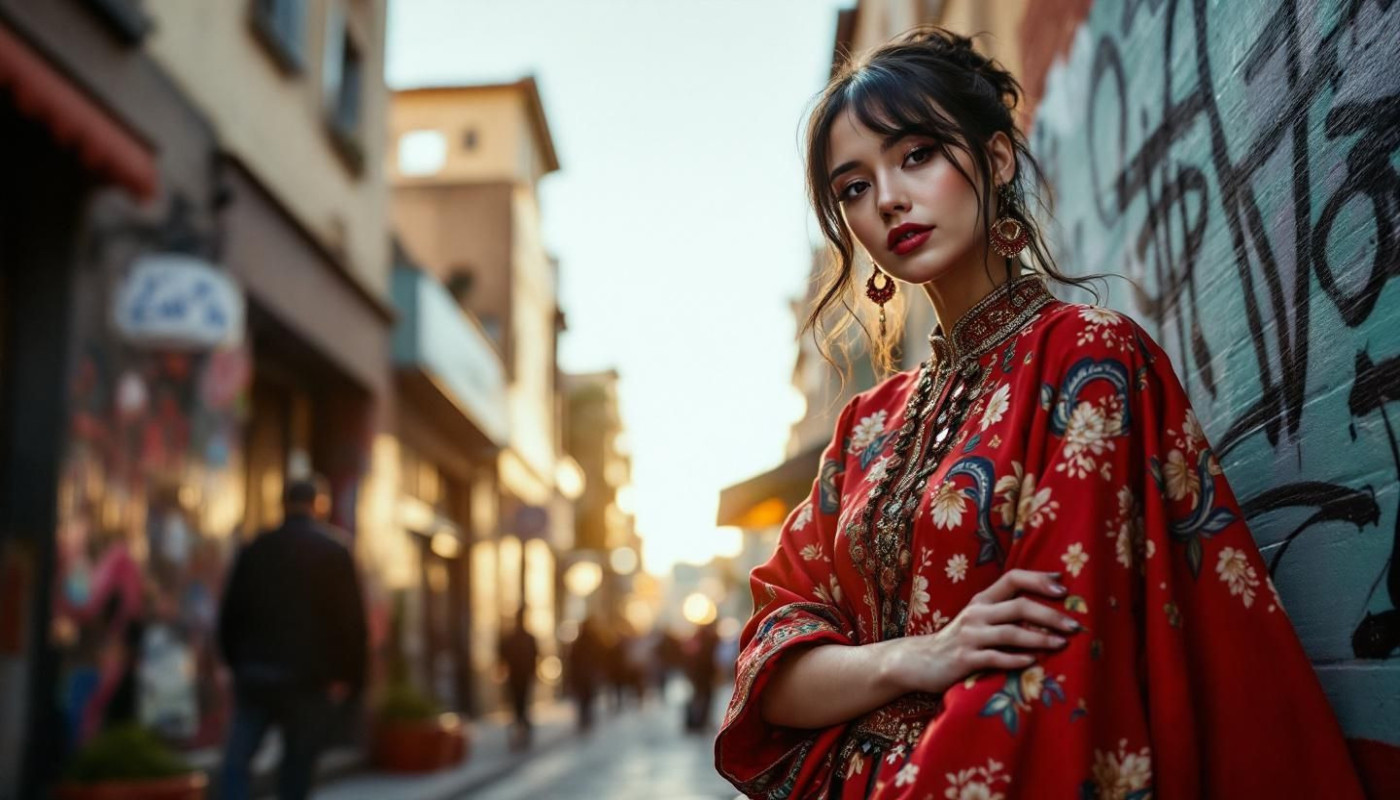Table of contents
In the ever-changing world of fashion, one trend that has come full circle is the revival of vintage clothing. Our fascination with the past has led to a renewed appreciation of items that were previously considered outmoded. This resurgence in popularity is not merely about nostalgia; it's a reflection of our evolving attitudes towards sustainability, individuality, and craftsmanship. The rebirth of vintage clothing is a trend that is reshaping the fashion landscape, offering a compelling blend of style, story, and sustainability. This article aims to delve deeper into this fascinating trend and explore the reasons behind the renaissance of vintage clothing.
The allure of vintage clothing
In the fashion world, vintage clothing has seen a significant surge in popularity in recent years. This resurgence can be attributed to a number of factors, but one of the most compelling is the unique style that vintage pieces provide. With clothing from past eras, individuals can express their individuality in a way that modern fashion often doesn't allow. More than just a fashion statement, vintage pieces are timeless; they carry a charm that transcends current trends.
Another compelling aspect of vintage clothing is the quality craftsmanship it often exhibits. Unlike fast fashion items that are mass-produced, vintage clothing often boasts a level of detail and care in its construction that is rare in today's fashion. These items aren't just clothes – they're works of art that showcase the skill of the artisans who created them.
Beyond the unique style and craftsmanship, there's also a sense of nostalgia that comes with wearing vintage clothing. Nestled within the fabric of these timeless pieces are stories from the past, imbuing the wearer with a sense of romanticism and a connection to a different era. This nostalgic fashion offers more than just a visual appeal; it's a way of experiencing history on a personal level. With vintage clothing, every outfit is a journey through time.
Sustainability and Vintage Fashion
In the context of a world increasingly aware of the need to preserve resources and reduce environmental impact, the concept of sustainability has played a pivotal role in the renaissance of vintage clothing. The act of purchasing vintage attire offers an environmentally friendly alternative to the fast-paced and wasteful practices of fast fashion.
Known as "circular fashion", this practice encourages the use of pre-loved items rather than investing in new, often disposable, items. It's a conscious effort to reduce waste and promote recycling. Consequently, the growing popularity of vintage clothing represents a shift towards more sustainable consumption habits. Instead of contributing to the rapid cycle of production and disposal that characterizes fast fashion, consumers of vintage clothing reduce waste and extend the lifecycle of garments.
The Impact on Modern Fashion
Remarkably, the renaissance of vintage clothing is making a significant impact on modern fashion. This resurgence is not only shaping fashion trends but is also redefining the entire industry. Design inspiration is now being largely drawn from the past, with designers creatively incorporating vintage elements into their current collections. This fashion fusion, a blend of old and new, has led to an exciting explosion of unique styles that is defining the zeitgeist of contemporary attire.
Today's consumers are enthusiastically embracing this trend, mixing and matching vintage-inspired pieces with modern designs to craft their own distinctive looks. This dynamic interaction between the past and the present in the realm of fashion illustrates how vintage clothing is not merely a nostalgic throwback but a powerful influence that continues to inspire and redefine modern fashion.
Challenges of Vintage Fashion
When embarking on the journey of vintage shopping, individuals often encounter multiple style challenges. Among these is the struggle of finding vintage pieces that offer the perfect fitting. Unlike modern clothing, vintage pieces often come in a variety of non-standardized sizes, posing a significant hurdle to building a curated wardrobe of vintage garments. Moreover, assessing the condition of vintage clothing can also be a challenge. Given their age, these items may have sustained damage or wear and tear that can affect their durability and aesthetic appeal.
Another significant challenge lies in fashion pairing. Blending vintage pieces with contemporary fashion to create a harmonious and stylish look requires a keen sense of style and a deep understanding of fashion trends across eras. Despite these challenges, the allure of vintage fashion, with its unique charm and environmental sustainability, remains irresistible to many style-savvy individuals.
The Future of Vintage Fashion
In looking to the future of fashion, one cannot ignore the vintage trend that has made a significant resurgence. The question remains, is this trend simply a passing fancy or does it have staying power? Trend forecasting suggests that the vintage style evolution is here to stay. This is, in part, due to the shifting attitudes of consumers who are placing an increased emphasis on sustainable fashion. A growing number of individuals are seeking to reduce their environmental footprint, leading them to embrace vintage styles.
The implications of this shift for the fashion industry could be significant. The rise in popularity of vintage fashion encourages a move away from the fast-fashion model, which is often criticized for its environmental impact. The inclusion of vintage pieces in wardrobes around the world could signal a move towards more conscious consumerism, with individuals choosing quality over quantity. This could result in an industry that values longevity and sustainability over fleeting trends. In essence, the vintage trend may be a key player in defining the future of the fashion industry.
Similar articles
